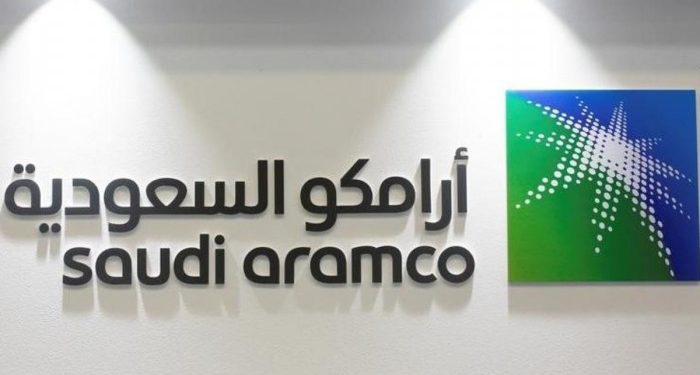
State oil firm Aramco is set to announce its first IPO this month, which will carry a new blow to Mohammed bin Salman’s plans.
Bin Salman faces successive crises in his plan to sell a stake in Aramco, the world’s largest oil company. For the first time in order to fulfill export contracts.
Although officials are trying to reassure markets that the company has returned to normal and that the destruction of the recent attacks has been repaired, the reality confirms the opposite, reflecting negatively on the government’s plan to speed up the process of offering 5% of the company’s shares to the public value, according to observers.
Citing unnamed sources, the Bloomberg news agency said the IPO would be completed by October 20, and would not rule out listing on the Saudi stock market next month.
Aramco’s chairman Yasser Al-Rumayyan said that Aramco’s announcement of the IPO’s intention was “very, very close.”
Aramco, the Saudi oil giant, is targeting a 5% stake in an initial public offering (IPO) in a process expected to be the world’s largest, with the Saudi government valuing the company at $ 2 trillion.
Excitement is spreading across the kingdom and on social media about the IPO, due to the high importance of the process to the Saudis.
Indeed, there is a fine line in the Kingdom between smart investment and national duty when the kingdom’s actual leader relies that his political future depends on the success of that investment.
Aramco is the mainstay of Bin Salman’s economic reform plan, now in its fourth year.
Some critics of the sale ended up in prison, although the charges against them were not disclosed.
Questioning the company’s huge $ 2 trillion valuation is treated as opposition to bin Salman, who repeated the figure in interviews for years. Everyone is encouraged to invest in the Kingdom’s most important assets.
Many Saudis see participation in the IPO as a sign of loyalty amid rising tensions in the Gulf. This comes weeks after a devastating air strike on oil facilities the government blamed on Iran.
On Friday, an Iranian oil ship was hit by missiles in the Red Sea, and the Islamic Republic tanker company blamed the Kingdom before the prosecution was withdrawn.
The Kingdom is also under pressure from its allies after widespread international condemnation of the killing of journalist Jamal Khashoggi, as well as the imprisonment of women’s rights activists.
“It’s a Saudi company, so I feel a national duty to invest in it,” said Mashael, a 28-year-old Riyadh resident.
For the crown prince, it is all about the Kingdom’s transition to Western-style capitalism.
The next stage is to turn people into shareholders, as in the 1980s when the stock market became a national hobby for Americans, or when Britain sold its facilities to the public.
The Saudis now pose questions on Twitter about the matter, using the “IPO” tag.
Some seek advice on whether to put all their savings in, and what to do if there is another delay. Analysts present their ideas and urge Saudis to invest.
Even the usual scams have surfaced. A columnist for the Saudi daily Al-Iqtisadiah warned potential investors in a tweet from groups offering Aramco shares at a discount.